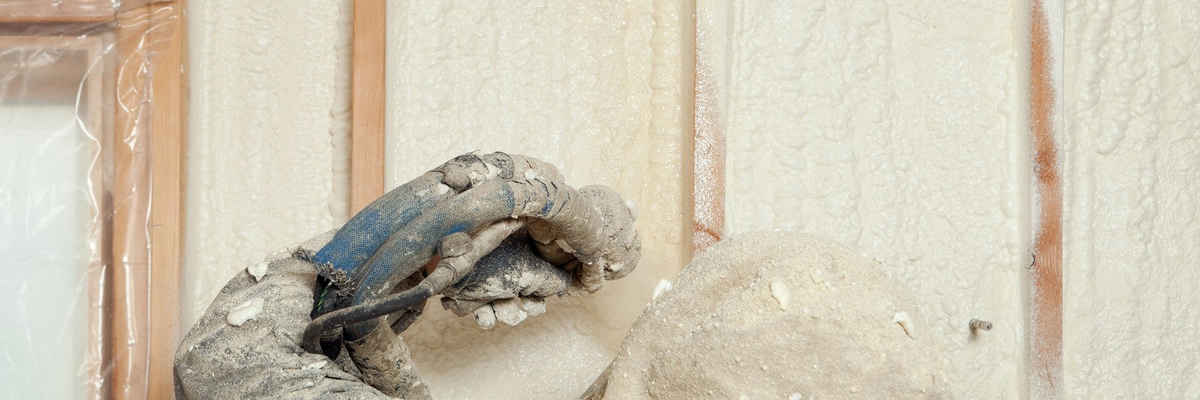What are the benefits of block foam insulation?
Block foam insulation is a thermal barrier for blowing with either EPS or polyiso. It provides supreme R values as well as lower U-values and differentiates models by filling interim gaps and cavities that exist between walls and through floors.
A big advantage to block foam insulation is that it does not require any additional pressure on the structure of the home, such as might be required by fiberglass batt insulation. It also doesn't require follow up time to ensure it has installed correctly since there is no possibility of voids or misalignments happening for this type of installation.
It's important to use only one type of insulation at a time--either EPS or polyiso--due to their significant differences in density, weight , and type of blowing agent. This is because the densities of these two types of insulation, EPS and polyiso, are very similar; they cannot simply be combined without causing trouble with weight loads. Also, since insulating foam can consist of materials like fiberglass for either EPS or urethane for polyiso (which do not play well together), it's important to use only one type of insulation at a time.
Fast and easy
Another advantage of block foam insulation is that the installation process is fast and easy. It also provides better coverage than batts since there are no gaps or seams for heat transfer to occur through, which results in lower temperature loss as well as higher thermal performance with block foam.
As with any insulation, it is important to note that block foam insulation does not improve indoor air quality. While the idea of this type of insulation is to prevent drafts and keep in heat, block foam itself actually prevents airflow between spaces, which can lead to mold growth if the building is moisture-prone or prone to leaks. If you have a building that is moisture-prone, block foam will actually work against you because there isn't any air flow to protect from mold growth.
Downsides to blown in insulation
In addition, while the properties of insulating foam are great for reducing drafts and improving thermal performance, there can be a few downsides depending on what type of application it's being used in. For instance, it's not a good idea to use block foam insulation on the exterior of any home. This is because it will up the R value which means reduced air flow and increased penetration from outside elements such as rain or ice on the roof.
In conclusion, while there are definitely benefits to using insulating foam, there can also be negative consequences.
Call Now - (657) 500-3661
Get Your Free Quote!

How does Block foam insulation work?
Block foam insulation is made up of expanding or flexible foam that is shaped into cubic blocks, then covered with nylon coverings. This allows the cube to be opened and closed at the site without requiring any cutting. The blocks can be "connected" by filling in areas between them with the same type of spray-foam insulation material (not hard). Alternately, these voids can be filled in with regular building materials like drywall or plywood to provide finished surfaces for other purposes (e.g., wall studs).
If you're looking for some efficiency, fill these voids with regular building materials like drywall or plywood to provide finished surfaces on one side of your home's new wall partition. Now you 'll have a very insulated wall spine with a finished surface on one side.
If you're looking to save some dollars, just fill them in with spray foam insulation. You will have a perfectly insulated wall, finished on one side and ready to be covered with drywall or sheet rock.
In addition to being more energy efficient than other types of insulation material, the main advantage of this product is its ability to be installed quickly and in a relatively short period of time. This allows the insulation to be used for emergency purposes, e.g., when an existing home is damaged by fire or flood and must be restored as quickly as possible.
Another advantage is its environmental friendliness, since foam insulation does not contain toxic elements such as formaldehyde or asbestos, yet provides much better insulation than traditional insulation materials.
Call Us Now - (657) 500-3661
